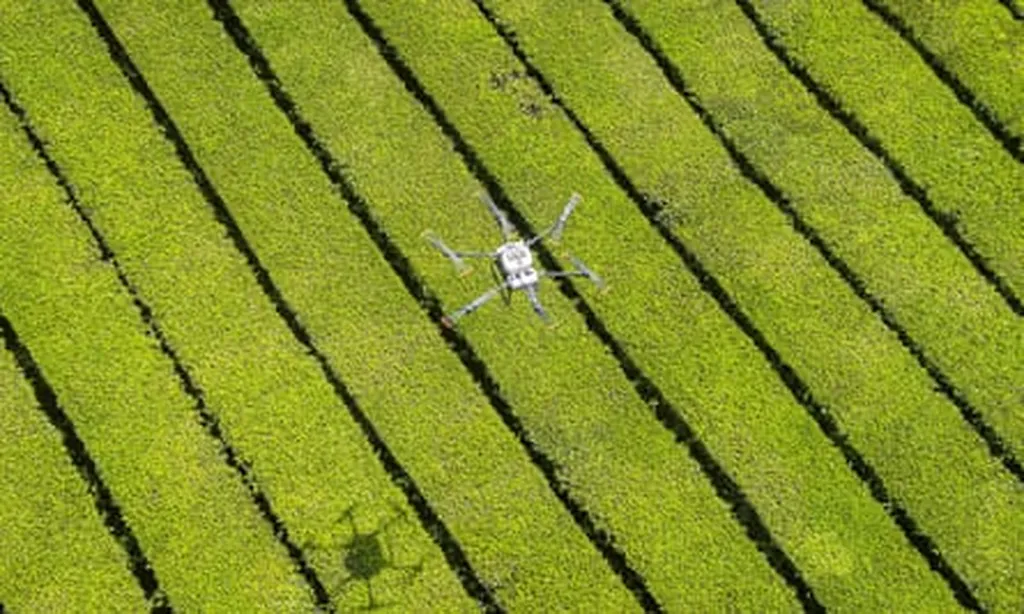In the heart of Iran’s agricultural landscape, a compelling study is shedding light on how government policies can bolster the resilience of smallholder farmers, with significant implications for food security and rural livelihoods. Led by Sh. Zarif Moradin from the Department of Agricultural Economics at Ferdowsi University of Mashhad, the research published in the Journal of Agricultural Economics and Development (مجله اقتصاد و توسعه کشاورزی) offers a nuanced look at the impact of agricultural support policies on smallholders’ ability to withstand shocks and stresses.
The study, focused on the Fariman region, particularly the Hossein Abad Rekhneh Gol village, delves into the effectiveness of subsidized fertilizer distribution—a common agricultural support policy in Iran. Using the Resilience Index Measurement and Analysis (RIMA) framework introduced by the Food and Agriculture Organization (FAO), Moradin and his team assessed the resilience of rural farmers. The findings are striking: households eligible for subsidized fertilizers exhibited higher resilience compared to those ineligible.
To quantify this impact, the researchers employed the propensity score matching method, a statistical technique that minimizes bias in estimating the effect of treatments. “The results indicate that targeted support policies can indeed make a difference in the lives of smallholder farmers,” Moradin noted. “This is not just about increasing agricultural productivity; it’s about enhancing the ability of farmers to cope with and recover from various forms of stress.”
The implications of this research are far-reaching. In a world grappling with climate change, economic volatility, and political instability, the resilience of smallholder farmers is a critical factor in ensuring food security. The study suggests that prioritizing smallholders in the allocation of subsidized inputs could be a game-changer. “Given the budget and quantity limitations, it’s crucial to direct these resources where they can have the most impact,” Moradin emphasized.
Moreover, the research highlights the potential of facilitating access to agricultural wells owned by non-private institutions as a means to further improve farmers’ resilience. This could open up new avenues for policy interventions aimed at enhancing rural livelihoods and food security.
As the world seeks sustainable solutions to feed its growing population, this study offers valuable insights into the role of agricultural support policies. By focusing on resilience, policymakers can not only boost agricultural productivity but also empower smallholder farmers to withstand the challenges of an uncertain future. The findings could shape future developments in agricultural policy, emphasizing the need for targeted support and innovative solutions to enhance the resilience of smallholder farmers worldwide.

